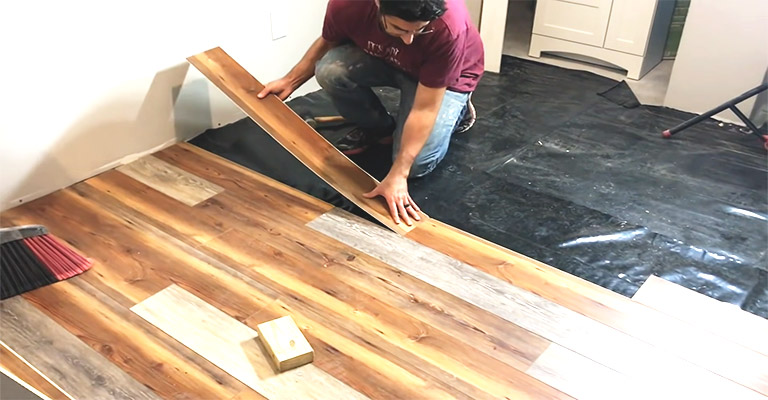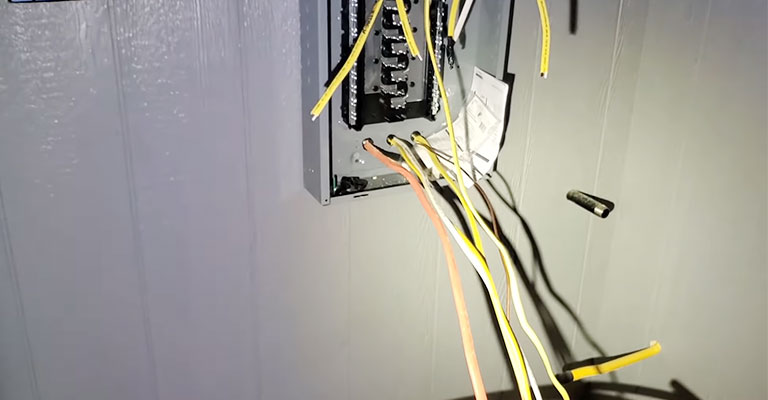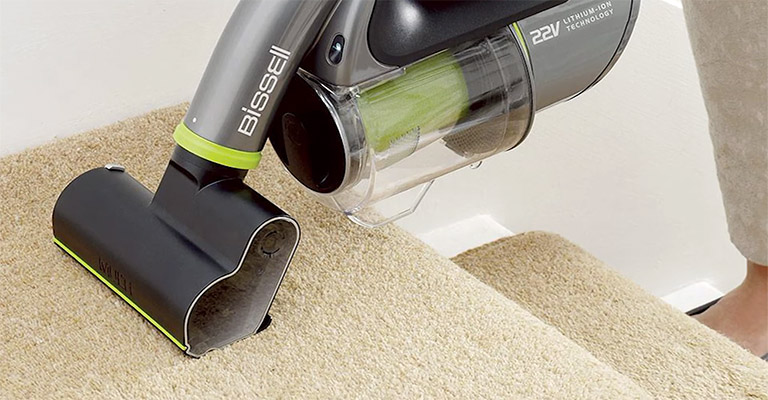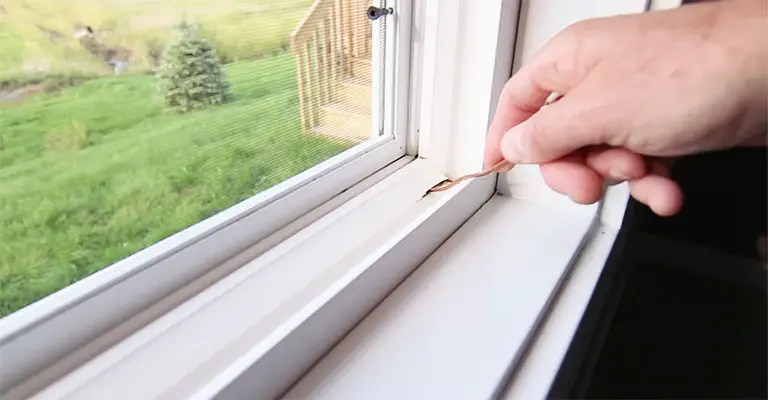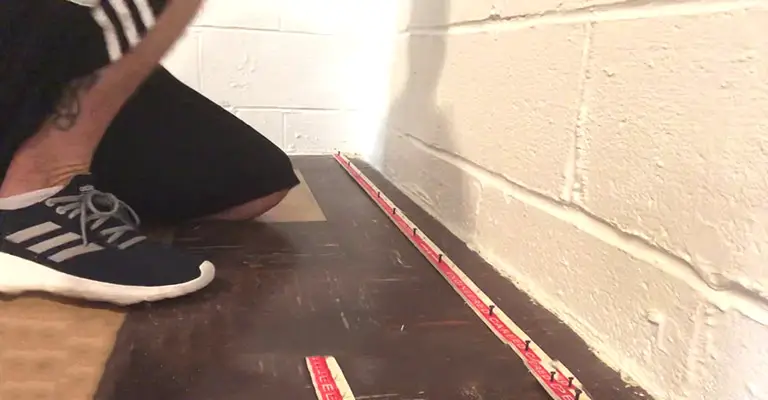Why Your Circuit Breaker Keeps Tripping and How to Fix It
A breaker that keeps tripping can be a frustrating and concerning issue for homeowners. Not only does it disrupt your daily routine, but it could also signal a more significant problem with your electrical system.
This comprehensive guide aims to help you understand why your breaker is tripping and how to address the issue. We’ll cover common causes, prevention tips, and when to call a professional electrician.
Why Does a Breaker Keep Tripping?
Circuit Breaker Trips
Circuit breakers are designed to protect your home from electrical overloads or short circuits. When a breaker trips, it’s doing its job to prevent damage to your electrical system and minimize the risk of fire. Here are some common reasons why a breaker may trip frequently:
1. Overloaded Circuit
An overloaded circuit is the most common reason for a breaker to trip. This occurs when the electrical demand on the circuit exceeds its capacity. When too many devices or appliances are running at the same time, the breaker trips to protect the circuit from overheating.
2. Short Circuit
A short circuit happens when an unintended path is created for electricity to flow, leading to an excess of current. This can occur when a live wire comes into contact with a neutral or grounded wire. Short circuits can generate a significant amount of heat, increasing the risk of fire. Breakers trip to prevent this dangerous situation.
3. Ground Fault
A ground fault is similar to a short circuit, but it occurs when a live wire comes into contact with a grounded object, such as a metal outlet box or water pipe. Ground faults can be hazardous and cause electrocution, so the breaker trips to protect you and your home.
4. Faulty Breaker
Although rare, sometimes the breaker itself is the issue. Breakers can wear out over time or become damaged, leading to tripping even when there’s no overload, short circuit, or ground fault.
How to Prevent Your Breaker from Tripping
Tripped Circuit Breaker
To prevent your breaker from tripping, follow these simple tips:
1. Distribute Electrical Load
Avoid overloading a single circuit by distributing electrical devices and appliances evenly throughout your home. Be mindful of high-wattage appliances, such as microwaves and air conditioners, which can quickly cause an overload if used simultaneously on the same circuit.
2. Unplug Unused Devices
Unplugging devices that are not in use can reduce the overall load on your circuits, lowering the risk of an overload.
3. Upgrade Your Electrical System
If your home’s electrical system is outdated or lacks the capacity to handle your needs, consider upgrading to a higher-capacity system. This may involve adding additional circuits, upgrading your electrical panel, or increasing the amperage of your service.
4. Regular Maintenance
Inspect your electrical system regularly for signs of wear or damage. If you notice any frayed wires, loose connections, or damaged outlets, take action to fix the issue and prevent potential problems.
When to Call a Professional Electrician
Electrical Circuit Overload
If you’ve tried troubleshooting your breaker issue and it continues to trip, it’s time to call a professional electrician. Don’t attempt to fix electrical problems yourself, as it can be dangerous and potentially worsen the issue. An electrician will be able to diagnose and repair the problem safely and efficiently.
Here are some signs that it’s time to call an electrician:
1. Frequent Tripping
If your breaker trips repeatedly, even after you’ve redistributed the electrical load or unplugged devices, it could indicate a more significant issue that requires professional attention.
2. Persistent Short Circuits or Ground Faults
If you suspect a short circuit or ground fault, call an electrician immediately. These issues can be dangerous and require an expert to identify and repair the problem safely.
3. Burning Smell or Signs of Heat
If you notice a burning smell, visible smoke, or signs of heat near your electrical panel or outlets, contact an electrician immediately. These symptoms could indicate a severe issue, such as a damaged wire or faulty breaker, that needs prompt attention.
4. Outdated Electrical System
Older homes may have outdated electrical systems that struggle to handle modern electrical demands. If you suspect your system is inadequate or outdated, consult with an electrician to discuss potential upgrades.
5. Inadequate Circuit Breaker
If you believe your circuit breaker is not sufficient for your home’s electrical needs, an electrician can assess your situation and recommend appropriate upgrades.
Additional Troubleshooting Tips: Loose or Corroded Wires and Faulty Electrical Switches
Circuit Breaker Tripping
Loose or corroded wires can cause circuit overloads and lead to breaker tripping. It is essential to inspect your electrical system periodically to identify any loose connections or signs of corrosion. Additionally, a faulty electrical switch can also cause the breaker to trip. If you suspect a switch is malfunctioning, it is crucial to have it checked and replaced by a professional electrician to avoid further issues.
The Importance of Ground Fault Circuit Interrupters and Understanding Hot and Ground Wires
Ground Fault Circuit Interrupter
Circuit breakers protect your home by monitoring electrical power flow and shutting off the supply when an overload or short circuit occurs. Ground fault circuit interrupters (GFCIs) are essential safety devices that can detect an imbalance between the active electrical wire (hot wire) and the ground wire. In case of an imbalance, the GFCI cuts off the power supply to prevent electrocution or electrical fires.
It is crucial to have GFCIs installed in areas with a high risk of water exposure, such as kitchens, bathrooms, and outdoor outlets. By understanding the function of hot and ground wires and the importance of GFCIs, you can take proactive steps to ensure a safer electrical system in your home. Regular maintenance of circuit breakers, GFCIs, and the entire electrical system is necessary to minimize the risk of electrical fires and other hazards.
Conclusion
Repair Electrical Cords
A breaker that keeps tripping can be an annoyance, but it’s essential to remember that it’s doing its job to protect your home and keep you safe. Understanding the causes of tripping and taking steps to prevent it can help ensure a stable electrical system. However, when in doubt or faced with persistent issues, always consult with a professional electrician. Not only will they diagnose and fix the problem, but they will also ensure your home’s electrical system is functioning safely and efficiently.

